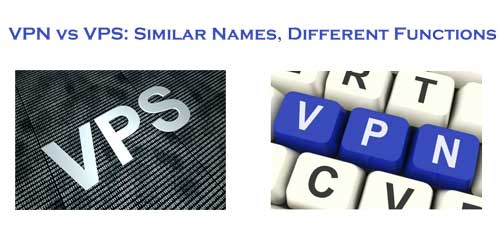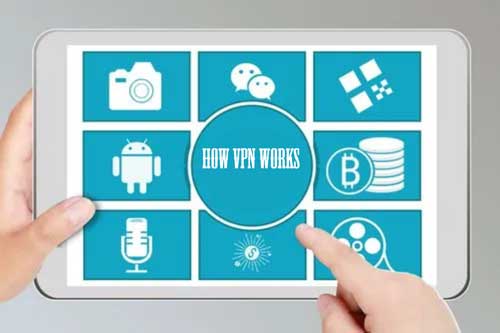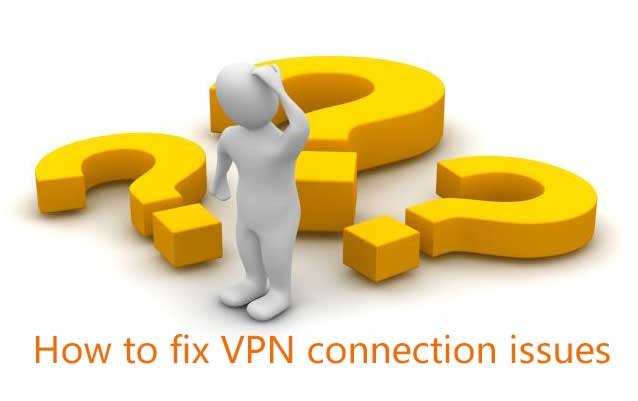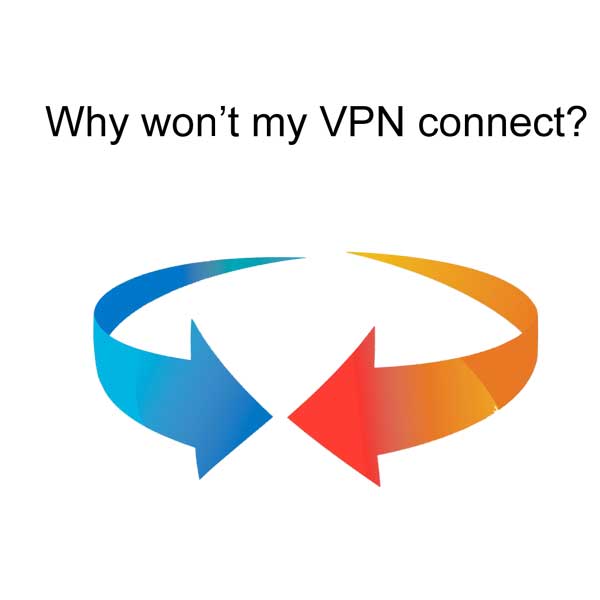The short answer is: it depends. Both VPS and VPN offer a certain degree of safety and security, but they work in different ways.
A VPS provides you with a virtual private server, which is a server that is not physically located on your computer.
This means that if your computer is hacked, the hacker will not be able to access your data.
However, a VPS on its own, does not encrypt your data, so it is possible for someone to intercept your data as it is being transmitted.
A VPN, on the other hand, encrypts all of your data, making it impossible for anyone to intercept or read it.
In addition, a VPN routing your traffic through a remote server makes it much more difficult for someone to track your online activity.
So, if privacy is your main concern, then a VPN is the better option.
However, if you are mainly concerned with protecting your data from hackers, then a VPS will provide you with the security you need.
Does a VPS hide your location? Can a VPS be traced? VPS & VPN conclusions.
There’s no easy answer when it comes to whether or not a VPS can be traced.
While the IP address associated with a VPS can be masked, this doesn’t necessarily mean that your location will be hidden.
In addition, there are other ways to trace a VPS, such as by looking at domain registration records or server logs.
So while a VPS may offer some anonymity, it’s not guaranteed to provide complete privacy.
If you’re concerned about your online privacy, you might be better off using a VPN.
A VPN encrypts your traffic and routes it through a server in another location, making it much more difficult to trace.
Plus, a good VPN will also offer other features like malware protection and DNS leak protection.
So if you’re looking for true anonymity, a VPN is your best bet. Either a VPN or get a VPS through Anonymous Offshore Hosting.








